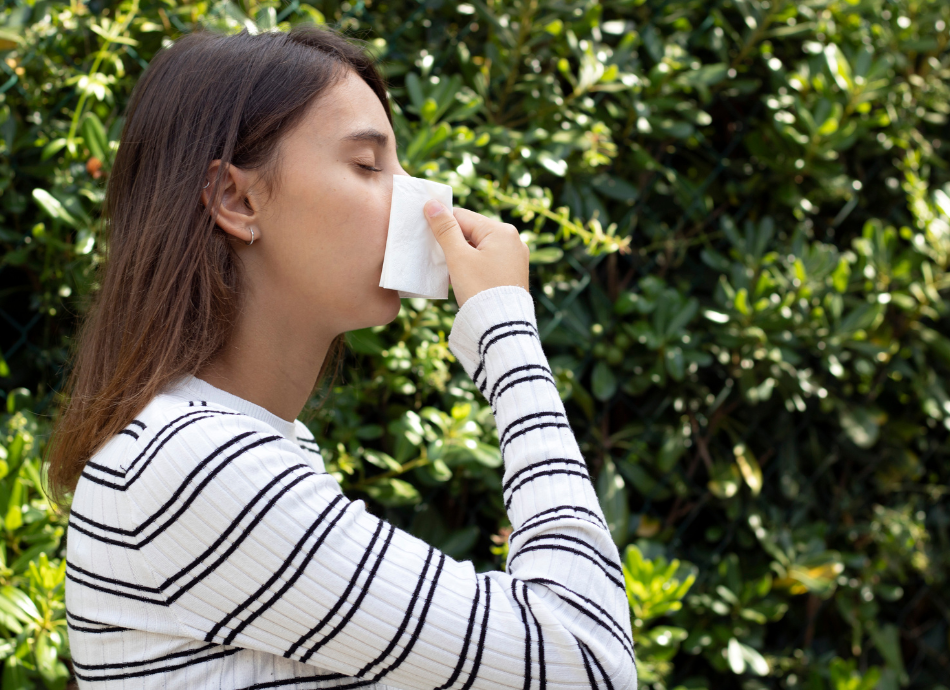Most nosebleeds aren't serious and can be usually be treated at home. However, if you have frequent nosebleeds, eg, more than once a week, or very heavy nosebleeds, you should see your doctor. These nosebleeds could be a sign of an underlying bleeding disorder and may lead to complications such as anaemia. If your doctor suspects a more serious problem, they may refer you to an ear, nose and throat (ENT) specialist.
Your doctor will ask you questions about your nosebleed, including whether you have had any injury to your nose, any previous episodes of nosebleeds and whether you are taking any blood-thinning medicines. Your doctor will also examine your nose and look inside your nostrils.
Rarely, more tests may be needed, such as:
- blood tests such as a complete blood count to check your red blood cells, white blood cells and haemoglobin, or a coagulation screen to find out how fast your blood clots
- nasal endoscopy – a tiny camera on a flexible thin tube used to look closely at the inside of your nose
- a CT scan of your nose.






